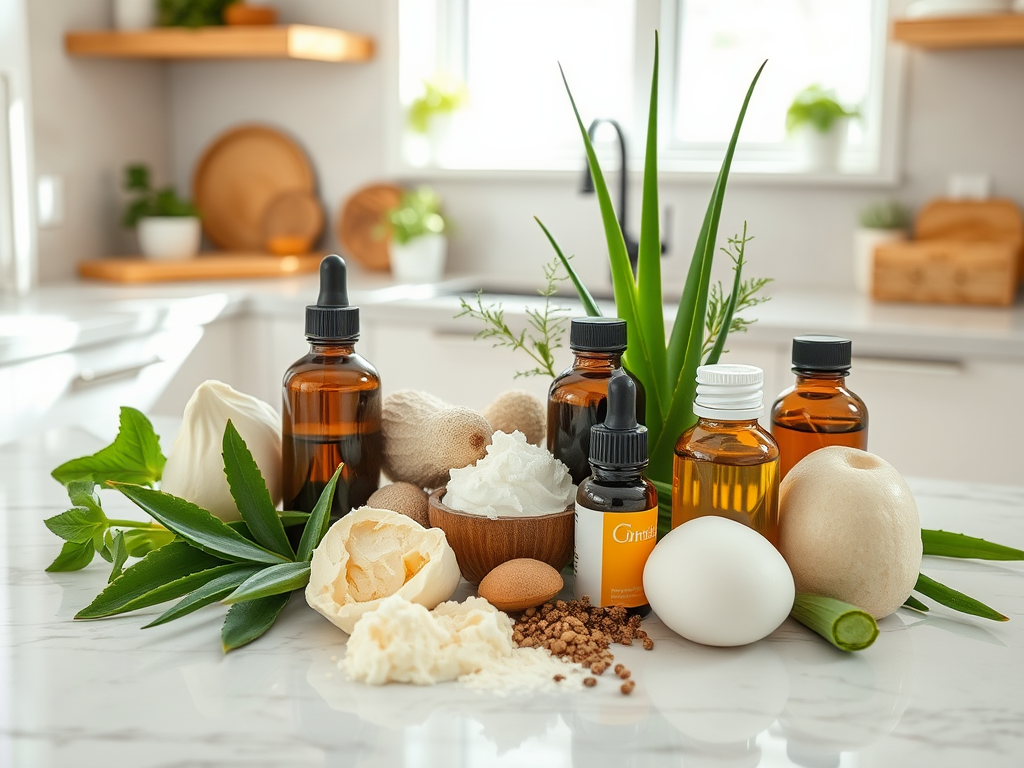Healthy skin is a reflection of the care we invest in our daily routines. One of the most vital aspects of skincare is moisture, which plays a crucial role in maintaining the integrity and appearance of our skin. A good moisturizer does more than just hydrate; it creates a robust barrier that protects against environmental aggressors, while also aiding in the skin’s natural healing processes. By understanding the nuances of moisturization, you can significantly improve your skin’s overall health and resilience. It’s worth noting that the choices we make regarding our skincare products can impact both our immediate comfort and long-term skin health. In this article, we will delve deeply into why a reliable moisturizer should be a staple in everyone’s skincare regimen.
The Importance of Moisturization for Skin Health

Moisturizers play a critical role in maintaining skin health. Hydration is foundational; without it, skin can become dull, dry, and less supple. The outer layer of your skin is primarily composed of water, its hydration is essential for maintaining elasticity and preventing premature aging. Additionally, moisture aids in the absorption of nutrients and keeps the skin smooth, which is vital for an appealing texture and complexion. Moreover, the absence of adequate moisture can lead to various skin conditions, including eczema and dermatitis, indicating that the risks of neglecting to moisturize can far outweigh the effort it takes to incorporate this crucial step into your routine.
Understanding Different Skin Types

Everyone’s skin is unique, and understanding your skin type is crucial to selecting the right moisturizer. The variety of skin types—including dry, oily, combination, and sensitive—require different approaches to hydration. Choosing a moisturizer that caters specifically to your skin’s needs can greatly enhance the efficacy of your skincare routine. To help you identify your skin type and what it may require, here’s a brief overview:
- Dry Skin: Often characterized by tightness and flakiness, this type benefits significantly from heavier, emollient-rich moisturizers.
- Oily Skin: This type produces excess sebum, necessitating lightweight and non-comedogenic formulas that maintain hydration without clogging pores.
- Combination Skin: A blend of dry and oily areas; this skin type often requires a dual approach with different products for different regions.
- Sensitive Skin: Often reactive, this skin type calls for gentle, hypoallergenic moisturizers that avoid irritating ingredients.
When selecting a moisturizer, it’s important to pay attention to the ingredients to ensure they benefit your unique skin type. Below are some key categories of ingredients to look for:
| Ingredient Type | Function | Examples |
|---|---|---|
| Humectants | Attracts water to the skin | Glycerin, Hyaluronic Acid |
| Emollients | Softens and smooths skin | Shea Butter, Ceramides |
| Occlusive Agents | Locks in moisture | Petrolatum, Beeswax |
The Benefits of Regular Moisturization
Consistent use of a quality moisturizer can yield remarkable benefits for your skin. Not only does it help to keep your face hydrated, but it also strengthens the skin barrier, making it more resilient against irritants and allergens. Moisturizers containing specific anti-aging ingredients can minimize the appearance of fine lines and wrinkles, thus keeping skin youthful and vibrant. Furthermore, the right product can lead to a more radiant and healthy complexion, reducing dullness while enhancing your natural glow. In essence, a good moisturizer can transform not just your skin, but also your confidence.
In addition to these benefits, regular use of moisturizer creates an opportunity for others to notice and appreciate your skin’s overall health. It becomes a conversation starter among friends or family as they question your glowing appearance. By setting a routine of moisturizing, you’re not only elevating your skincare game but also your lifestyle. Over time, this practice leads to not just an outer transformation but an inner appreciation for self-care.
How to Choose the Right Moisturizer for Your Skin
Now that you understand the importance of moisturization and its benefits, how can you choose the right one? Start by thoroughly assessing both your skin type and personal preferences. For example, those with oily skin should look for lightweight, gel-based moisturizers that won’t cling and weigh down the skin. Dry skin individuals should seek richer creams that provide that necessary hydration boost.
- Read the Labels: Take the time to learn how to read ingredient labels to select healthy products devoid of harmful additives.
- Patch Testing: Introduce new products slowly, and always patch test to gauge skin compatibility—this can prevent adverse reactions.
- Consumer Reviews: Look for feedback from others with similar skin types to see if a product might work well for you.
Conclusion
A good moisturizer is not just a luxury—it’s an essential component of a healthy skincare routine. By understanding your skin type, knowing what ingredients to look for, and using a moisturizer consistently, you can maintain optimal skin health and achieve a radiant complexion that reflects how you feel inside. Incorporating the right moisturizer into your daily routine serves as an investment in yourself, one that pays off in both appearance and well-being. So whether you’re looking for a daily hydrator or a richer cream for nighttime, make sure you prioritize this vital step in your skincare regimen.
Frequently Asked Questions
- Why is moisturizing important? Moisturizing is essential because it helps maintain skin hydration, protects against environmental damage, and supports the skin barrier.
- How often should I moisturize? It is typically recommended to moisturize twice daily, in the morning and evening, but this can vary depending on skin type and individual needs.
- Can I use a moisturizer if I have oily skin? Yes, choosing a lightweight, non-comedogenic moisturizer can help hydrate oily skin without causing breakouts.
- What happens if I don’t moisturize? Skipping moisturizer can lead to dry, flaky, and dull-looking skin. It may also make the skin more susceptible to irritation and damage.
- Are there moisturizers suitable for sensitive skin? Yes, there are many moisturizers formulated specifically for sensitive skin that contain soothing ingredients and are free from common irritants.